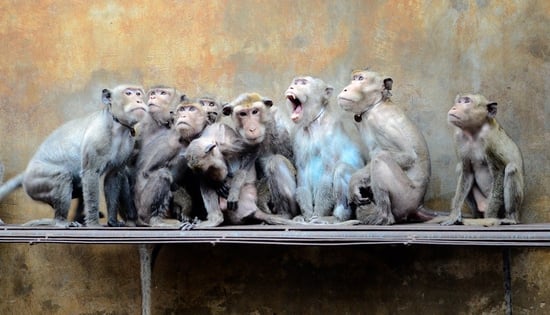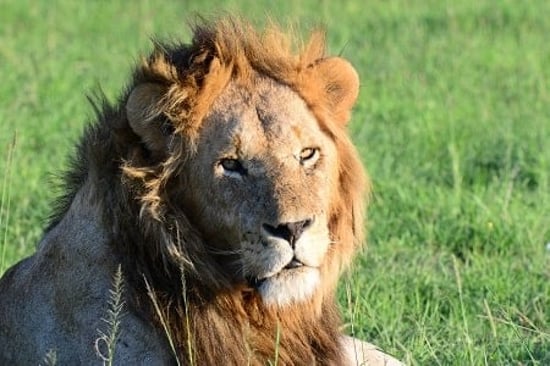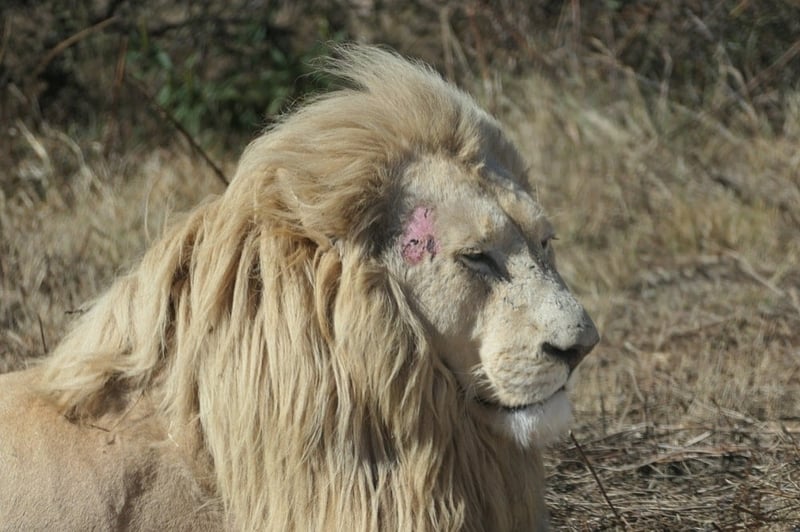
Wildlife farming report exposes poor welfare on lion farms
News
Our recent ‘Bred for Profit’ report reveals there are approximately 5.5 billion wild animals including lions, crocodiles, elephants and bears suffering on profit-driven wildlife farms around the world.
Our Bred for Profit: The Truth About Global Wildlife Farming report shines a bright light on the exploitative global wildlife farming industry that relies on breeding billions of wild animals for commercial profit, often hiding behind the facade of conservation.
Animals like lions, elephants, bears, and crocodiles are often bred in captivity to be exploited for entertainment or tourist attractions, non-essential luxury fashion items, traditional medicine, trophy hunting or to be traded as pets.
These so-called farms expose these living, feeling beings to disease, malnourishment, trauma, injuries, and even cannibalism.

The global wildlife farming industry operates in a shadow of secrecy, lacking transparency and adequate oversight. This multi-billion-dollar industry treats sentient animals as commodities, subjecting them to unimaginable suffering on a daily basis.
Wild animals endure malnourishment, disease, stress-induced behaviours, and even cannibalism in cramped and unhygienic conditions. Shockingly, some captive wildlife populations now exceed those in the wild, this should be a wake-up call to the global community on the scale of this issue.
New report exposes cruelty on lion farms in South Africa
According to our latest report, there are approximately 8,000 lions and other big cats across 366 known facilities in South Africa. Most of these sentient beings are being used for tourist entertainment, trophy hunting, and traditional medicine in the U$43 million big cat farming industry.
An inspection conducted by the National Council of Societies for the Prevention of Cruelty to Animals in South Africa across 95 lion farms in 2017 found that nearly half of them were housing lions in substandard conditions.
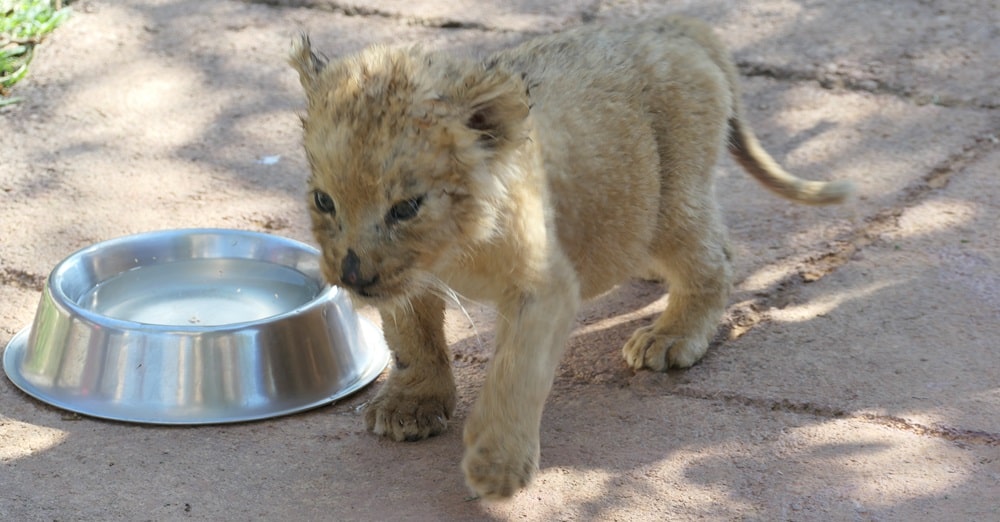 Image credit: World Animal Protection / Roberto Vieto
Image credit: World Animal Protection / Roberto Vieto
The inspection also reported concerns such as poor hygiene protocols, insufficient diet, unsatisfactory enclosures, lack of enrichment, insufficient provision of shelters and lack of veterinary treatment for injured or unhealthy lions.
On top of this, many lion farms engage in captive breeding in order to meet the demand for lion cubs for commercial gain. Such breeding can lead to inbreeding and often has serious consequences for the health and welfare of the animals involved.
With your support, we can continue putting pressure on the South African Government to bring a mandatory time-bound end to the commercial captive breeding of lions and put a permanent end to this cruelty.
The report also found:
- In Australia, an estimated 135,000 saltwater crocodiles are languishing in farms in the Northern Territory as compared to only about 100,000 in the wild.
- In China, a staggering 20,000 bears are kept on dozens of bile farms for the US$1 billion bear bile industry.
- In Thailand, there are over 3,000 elephants across 246 venues for tourism, generating up to US$770 million every year. Elephant venues in the country increased by 134% between 2010 and 2020.
- High numbers of animals living in cramped, unhygienic conditions could put their caretakers and the public at risk of zoonotic diseases – potentially to pandemic proportions.
- Wildlife farming could enable the laundering of wild-caught animals instead of ‘reducing the pressure on wild populations’ as some conservationists claim.
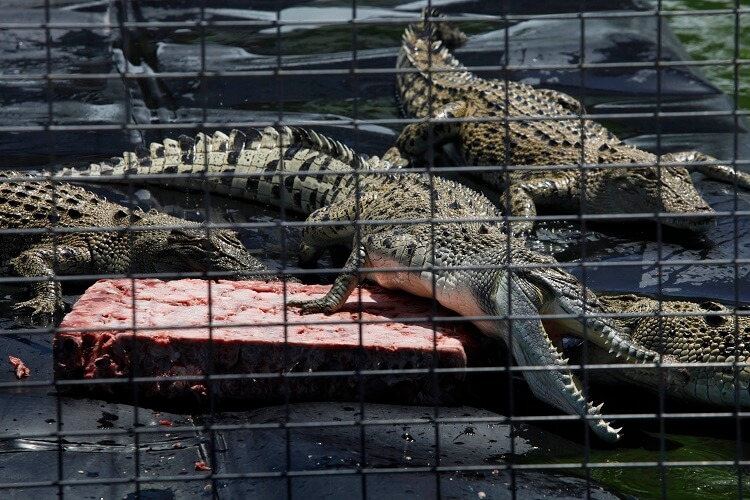
Image credit: Dean Sewell / World Animal Protection
Together, we can make this the last generation of wildlife to be cruelly exploited for commercial gain.
Lion facts
Did you know lions are the second largest big cats after tigers? There are two species left in the world today - the African lion and the Asiatic lion.
